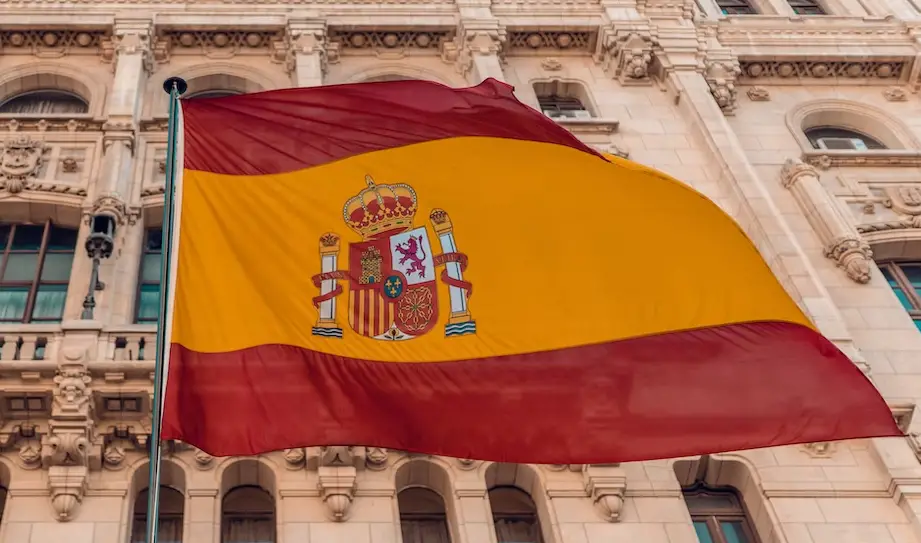A new Adecco Salary Monitor on Wages report released this month showed that consumers in Spain have been pummeled by among the sharpest drops in real income in the EU. The collapse has produced both a sharp decline in purchasing power, as well as a dwindling level of consumption.
Although there was a 4% increase in the average wage in 2022, reaching €1,822 ($2,029), a surging inflation has steadily eroded the average consumer’s spending power, which fell 7% since 2008, during the global financial crisis, according to the data.
Last month, headline inflation fell to 1.9%, after reaching 10.8% in June of 2022. However even with lower core prices, Spanish households are still being battered by rapidly rising food costs, which continue to surge over 10% annually.
Manuel Hidalgo, an economist and senior fellow at the Esade Center for Economic Policy said, “The economy is doing well, but when you look at it in detail the picture is not that rosy.”
He added, “You may be growing more than the rest of the continent and creating more jobs with the lowest inflation, but if families can’t make ends meet, they will blame you.”
The data showed that disposable household income has fallen 2.4% below the levels before the pandemic, due to lagging economic growth and record inflation, which were offset only in part by moderate wage hikes.
Consumers in Spain have been cutting their spending in response to this on a wide range of goods and services, ranging from food products, to cars and travel. According to data from the nation’s Agriculture Ministry, in April, meat and fish consumption fell by 7% and 12% respectively, year over year.
In yearly terms, between September and March the Eurozone’s fourth-largest economy saw consumption fall by a stunning 6%.


